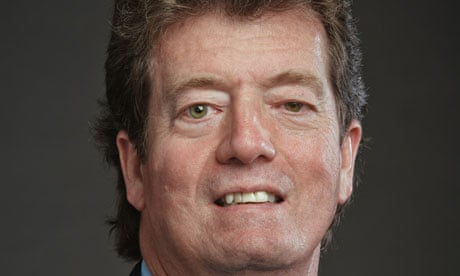The Guardian's Roy Greenslade asks an important question in his recent blog post headlined, Have you ever been lied to by a PR?. Prompted by a similarly titled post in the Press Gazette, it's a question my organisation, the Public Relations Society of America, believes is worth serious consideration.
Representing 32,000 public relations professionals, all of whom pledge to abide by a stringent code of ethics, we are firmly committed to ethical practices. Our members and, indeed, all public relations professionals, seek a high level of public trust. That requires a special obligation to operate ethically.
Unfortunately, the headline used in Greenslade's post prejudices the average reader. He seems to imply that all PR professionals are liars. However, my experience, and that of many of my PR colleagues, has shown that this simply is not the case.
While ethical transgressions do occur, those incidents are isolated. They do not reflect the vast majority of the profession's work or its value to society, the business community and, yes, the media.
Where we have witnessed unethical practices, PRSA has spoken out vigorously against those actions. We use those unfortunate incidents as teachable moments for our members and the profession, helping them learn from their peers' foibles and, in turn, improve the ethical pillars that undergird the profession.
Those principles are fairly comprehensive, but in short, they include: serving the public interest by acting as responsible advocates for those we represent; and providing a voice in the marketplace of ideas, facts and viewpoints to aid informed public debate. This privilege to serve the public while representing private interests requires PR professionals to continually gain the public's and media's trust.
You can't retain someone's trust if you are continually lying. The PRSA code of ethics, which applies directly to PRSA's 32,000 members, and more broadly as an ethical guide for PR professionals throughout the US, has established a set of guidelines that asserts one very clear point: truth, honesty and disclosure in all communications is paramount.
It does not matter with whom a PR professional is speaking – they are expected to comport themselves in an honest and ethical manner. Period.
The increased scrutiny of PR professionals' actions is not necessarily a bad thing. My organisation has long advocated for enhancing the industry's ethical standards. We need to more closely scrutinise our peers' work if we are to build PR's value within the business community.
We cannot afford to be ignorant of the questions raised about PR professionals' honesty. As a profession, public relations must uphold the principles of truth and accountability, which are vital to building trust and credibility with all stakeholders.
That is a lofty goal, no doubt, and one we will likely be working toward for years to come. But we must vigorously pursue that goal. Anything less and there is the risk of long-term damage to the industry's reputation and value and a degradation of its credibility.
PR professionals may not want to admit it, but Greenslade has asked a question worth our serious consideration.
Gerard F Corbett, APR, fellow PRSA, is chair and chief executive of the Public Relations Society of America (PRSA)
